
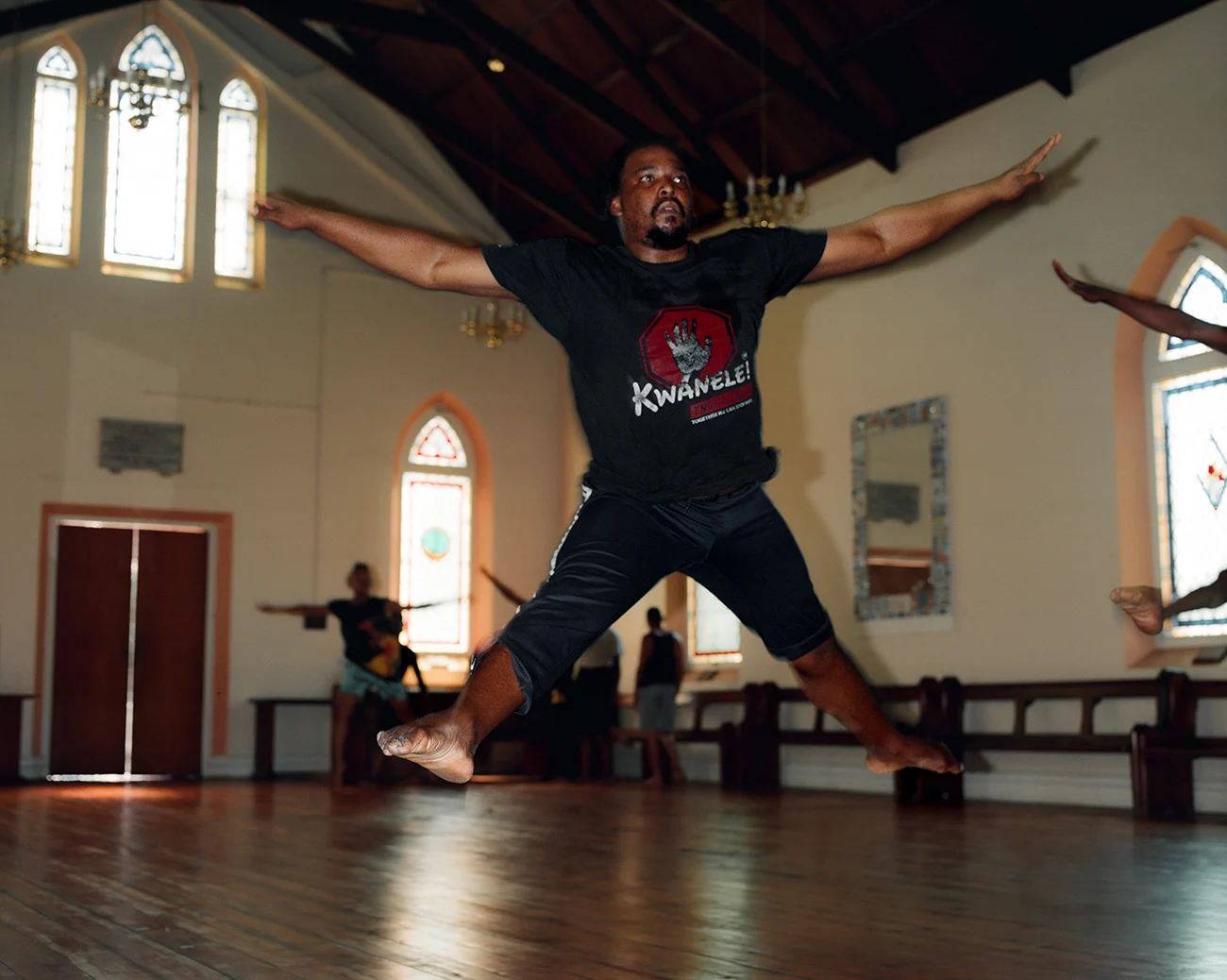
SboNdaba dance is a community-based dance company working out of an old Methodist church in Cape Town. Writer Sarah Souli discovers how founder and award-winning dancer and choreographer Sbonakaliso Ndaba’s enthusiasm, dedication, and talent have created a much-needed space for creative expression for youth in townships in a time of high unemployment and low opportunity.
Photos by Carl van der Linde.
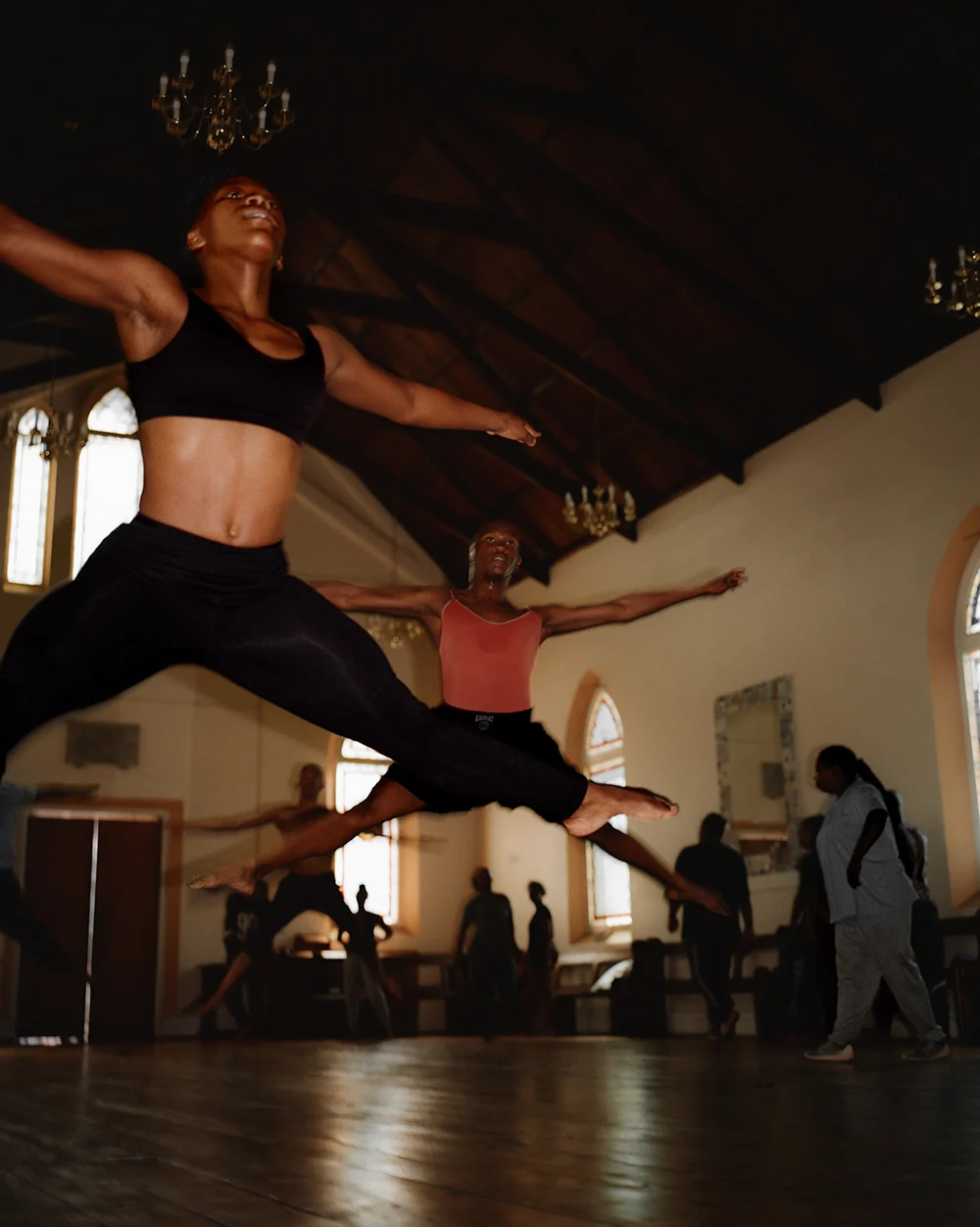
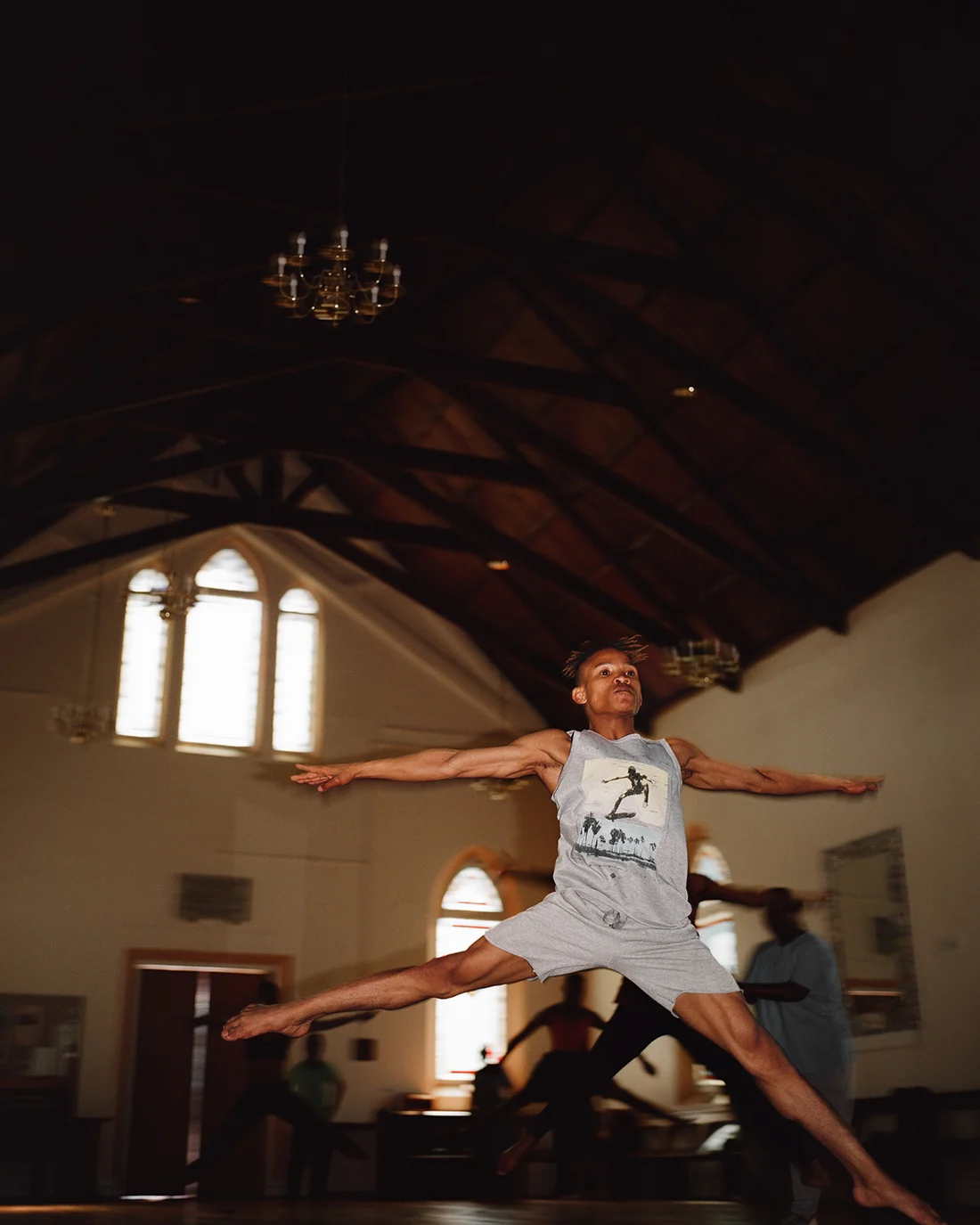
Even though Sbonakaliso Ndaba is nearly 13,000 kilometers away—I’m calling her from Marseille, she’s at her dance team’s studio in an old Methodist church in Cape Town—the energy in her voice cuts through geographical boundaries. That’s not surprising; I’ve already heard from photographer Carl van der Linde, who spent December 2022 photographing the troupe as they prepared for their performance of “A Summer Night’s Dream” later that month in Stellenbosch, that Ndaba starts off each morning practice with a motivational speech on par with Al Pacino’s monologue in “Any Given Sunday.”
“I was reflecting on my own life when she was talking,” he says with a laugh. Her enthusiasm and her dedication are two of her greatest skills. In a country with 35% unemployment, and even less opportunities or financial support for creatives, Ndaba has a serious task ahead of her: using dance to uplift and employ South African youth in townships.
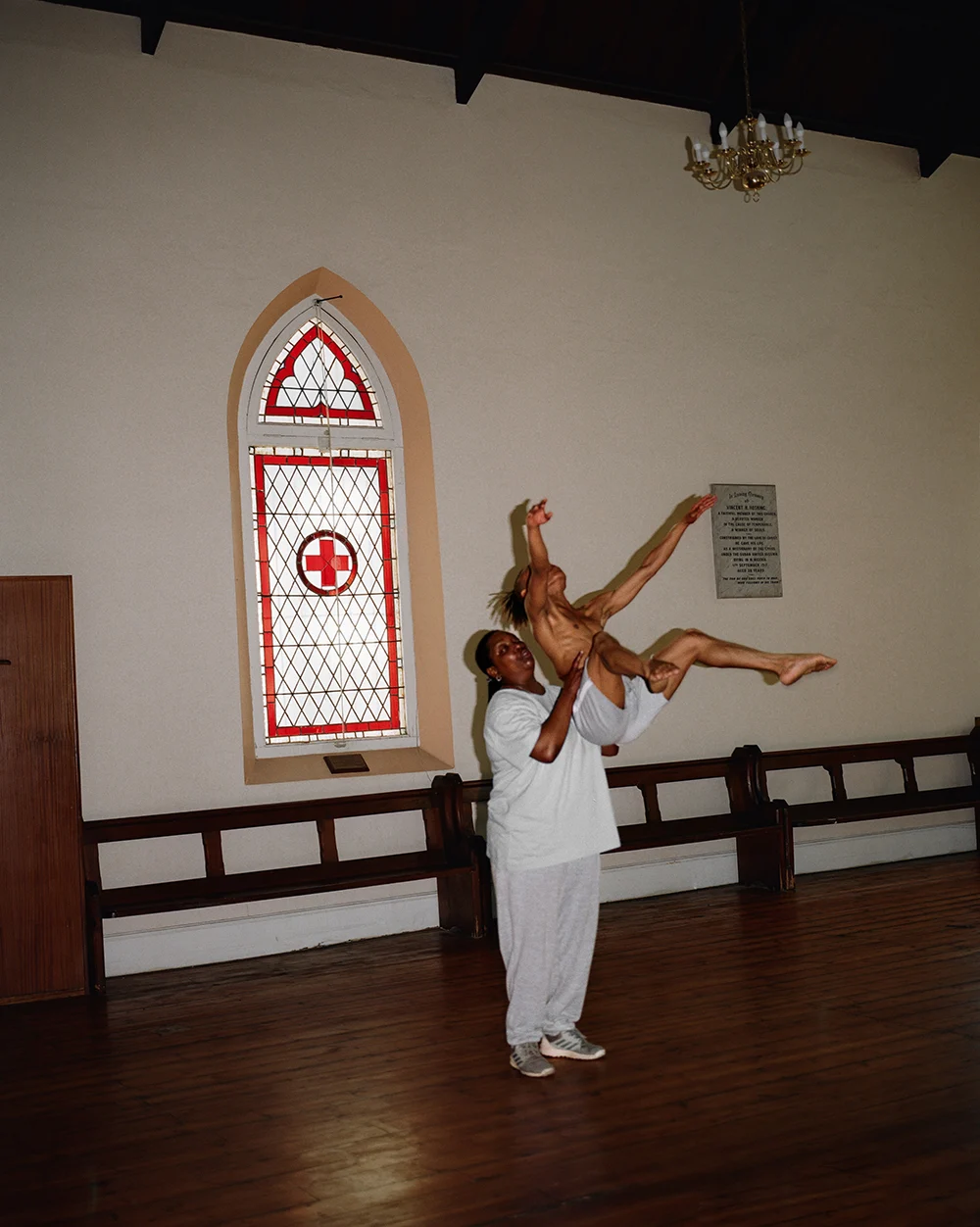
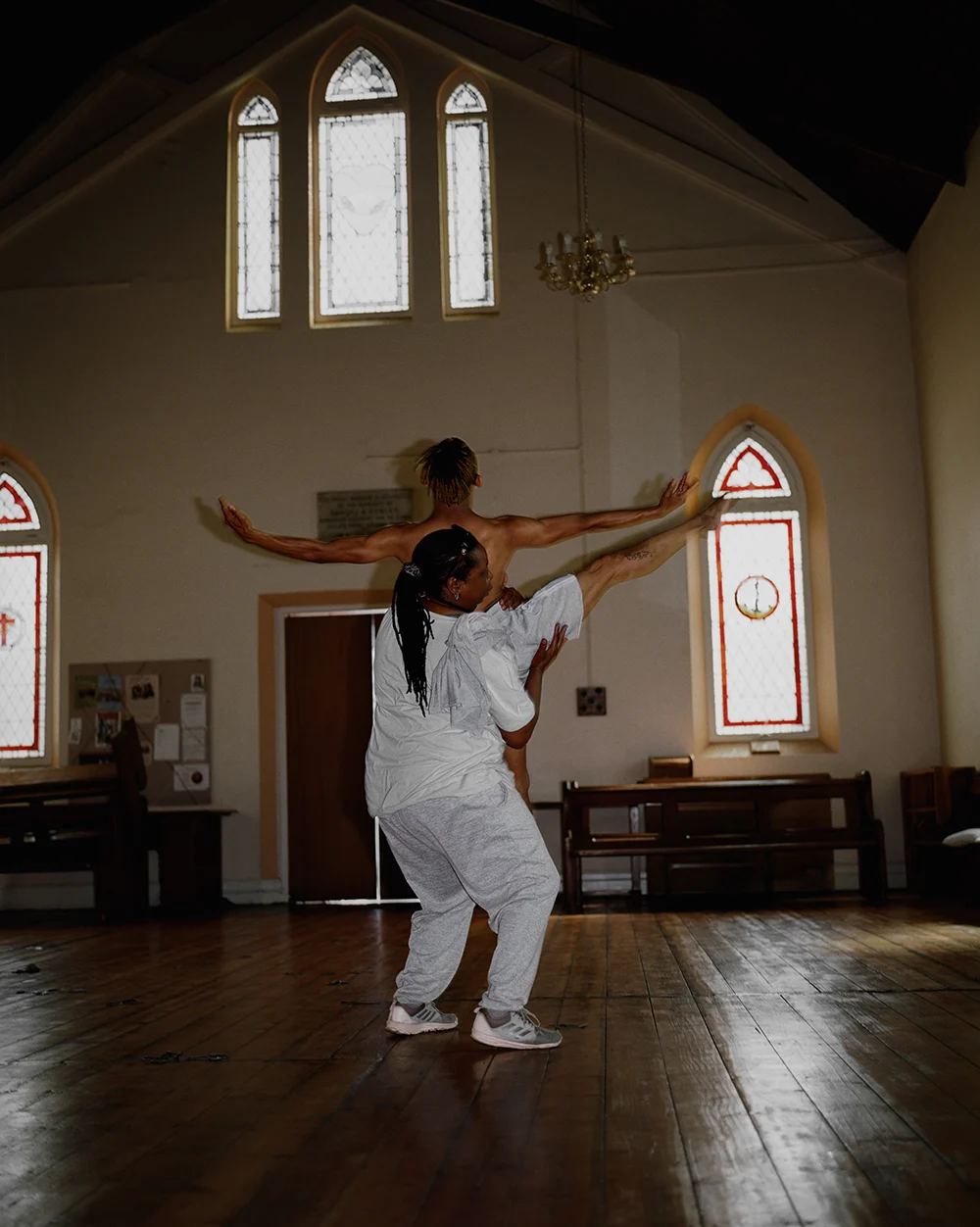
We want them to know what dance is. If you have discipline, dance can reshape you.
Ndaba started dancing as a child, growing up in Durban when South Africa was still under an apartheid regime. “Dancing isn’t something I had to dig for,” she tells me. “It’s something I was born with, I think.” When her mother was out in town shopping, Ndaba would push all the furniture to the side and start choreographing short routines. It was already a collaborative affair; she had girlfriends posted at the gate, the door, and the bus stop, with whistles, little spies ready to call out when her mother was returning. “That way we could make the place spick and span before she returned,” Ndaba says laughing. “She didn’t know we were using her kitchen as a studio.”
As a high school student, Ndaba started taking dance classes at a local university. She was good enough to get scouted by Alfred Hinkel and sent to Cape Town, where she worked on the set of “Sarafina!” For ten years, she danced with Jazzart, before leaving to teach in Durban and Johannesburg. “My target was people who have left school but don’t know where to go next,” Ndaba explains. “When I was looking for dancers I would go to the supermarkets and give pamphlets to the old mamas and say “I know you have someone at home who isn’t doing anything.”

My existence is about helping young people, showing them there is a light at the end of the tunnel.
In 2007, she returned to Cape Town and Jazzart because, as she puts it, “I wasn’t fully fleshed out. What I wanted was to milk my Zuluness from contemporary dance. I wanted to birth something new.” That has resulted in a choreography that focuses on “positive conflict”—dancers and objects exude an explosive energy on stage, often performing high-flying lifts and jumps. But collective rhythm is at the core of Ndaba’s choreography—the dancers are always moving within a synchronicity and togetherness.
At the same time, she was thinking about the kids she had taught in other cities—where were they now? What were they doing? “I realized they were unemployed and doing nothing,” she says. And so after several iterations, SboNdaba Company was born.
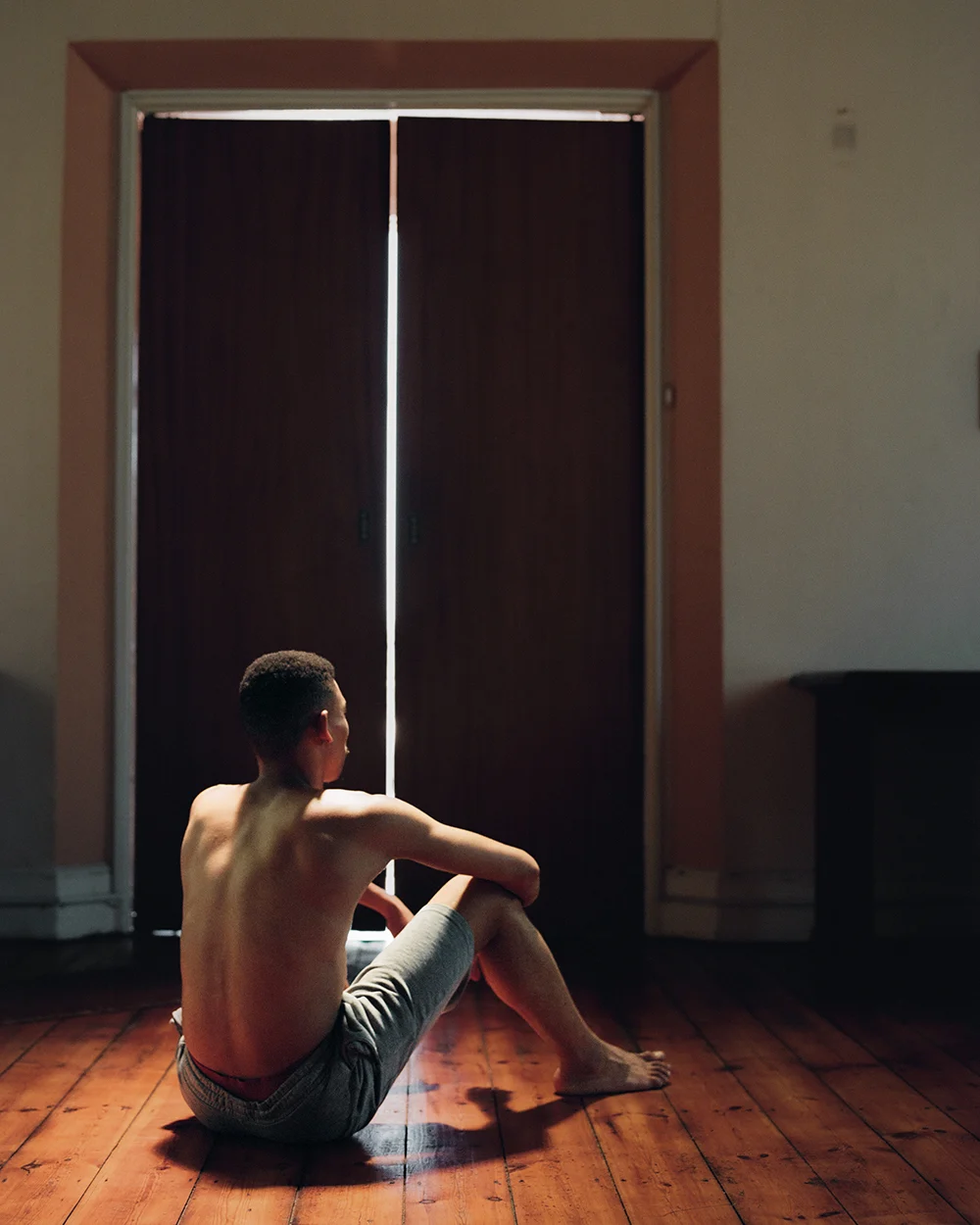

There are currently 16 dancers in the SboNdaba Company, and three directors. They practice five days a week from 9am to 4pm, with weekends booked up for performances. Financially, they face difficulties - there is little government or industry support, and the troupe is looking at busking to bring in more cash. Still, everyone is paid a proper salary, commensurate with their experience and seniority. Each dancer also does his or her own outreach work, teaching dance to a young group of kids in the townships. Outreach is just as important to Ndaba as dance itself—perhaps even more.
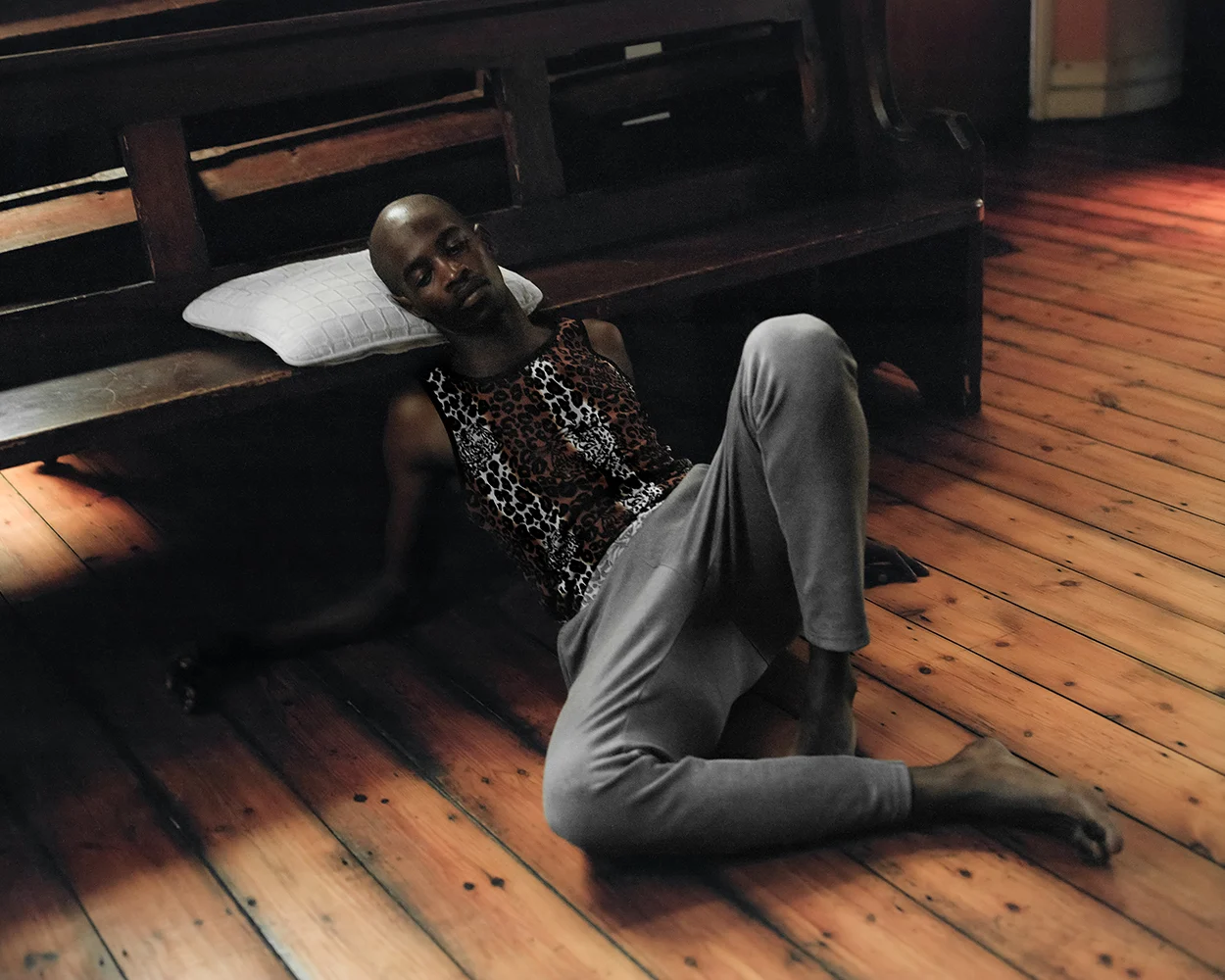
“We want to bring awareness to the children, we don’t want them to be in the streets. We want them to know what dance is. If you have discipline, dance can reshape you,” she explains. “It can teach you manners. We’re surrounded by kids in Cape Town who take a lot of drugs and alcohol; our dancers don’t do that. They know what’s good in their lives.” The kids in the outreach programs put on performances in their parks and in schools, so their family and friends can see the fruits of their creative labor. The performances—both the outreach ones with the kids, and the professional ones the troupe puts on—are full of social messages that speak to the hardships and joys of contemporary life in South Africa.
“My existence is basically about young people and helping them, showing them there is a light at the end of the tunnel,” says Ndaba. “Life is something worth living, it’s something to smile about. When they are sitting with their own families, they’ll be able to have their own life. It shouldn't be a struggle for humans from birth to death. I will make myself available as long as I’m still alive.”

